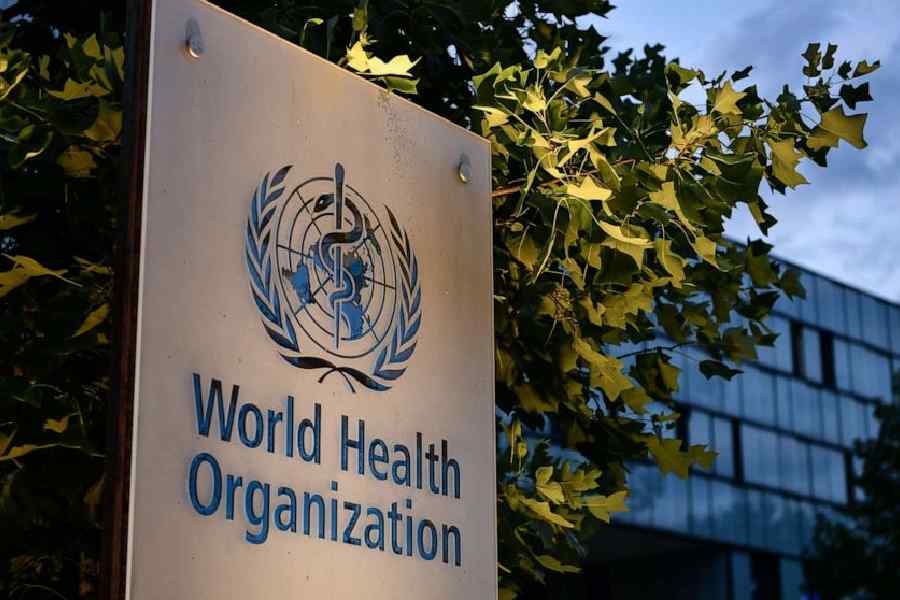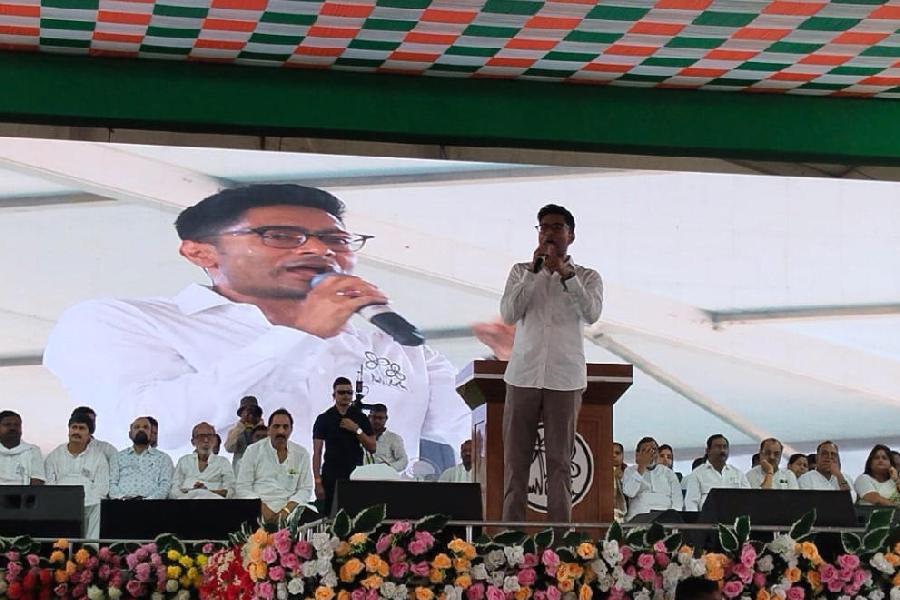Change, as the adage goes, is the only constant. Transformation, intriguingly, affects not only humans but their states of being as well. Consider the phenomenon of loneliness: the march of modernity has seen loneliness transforming — mutating — itself from being primarily a private, individual experience to a collective contingency. So much so that the World Health Organization recently declared loneliness to be a pressing threat to global public health. The Global State of Social Connections report published last month stated that about a quarter of the world population feels lonely. The deleterious effect of loneliness, it has been suggestive, is equivalent to smoking 15 cigarettes a day. Given these dim projections, WHO’s clarion call needs to be heeded by policymakers.
The causes of this ‘pandemic of solitude’ have their roots in rapid demographic, cultural and societal upheavals that have been attendant to the process of modernisation. The disintegration of families — the clan is now nuclear — has been brought about by economic pressures as well as individualism, forces that have been chipping away at community bonding. Migration, especially of the young, has contributed to rising alienation, particularly among the elderly. What has been equally disruptive is the rise of immersive technology. Modern life is synonymous with human absorption — seduction — with technology-mediated ‘companions’: research has corroborated social media’s role in the loneliness epidemic, with the American Psychological Association issuing guidelines for parents to watch out for cognitive impairments and other disabilities arising among adolescents on account of their disproportionate dependence on social media platforms. Meanwhile, newer threats have been spotted on the horizon. The Covid-19 pandemic, which reminded humanity of the need for isolation as a survival strategy, has taken a heavy toll on the rituals and skills that augmented social interaction and cohesion. The probability of a future pandemic is high; it is likely to intensify the risk of that other contagion — loneliness.
The social and economic costs of loneliness are not inconsiderable. Fraying community bonds are associated with the rise of social pathologies, threatening the rule of law. It is also believed that the wealth-generating capacities would be imperilled in societies dominated by socially disconnected workers. Nation states are gradually waking up to the problem and experimenting with ways of coping with the threat. The United Kingdom and Japan appointed ministers of loneliness back in 2018 and 2021, respectively. Last month, New York appointed a state ambassador to circumvent loneliness. More recently, the Swedish city of Lulea took steps to encourage its population of 80,000 to say 'hello' to each other. The WHO has also launched an international commission to look into the malaise.
India’s troubles in this context run deep. About 27% of its youth and almost 75% of senior citizens are afflicted by solitude. But successive governments have been lackadaisical in responding to this growing crisis. India must act now: the survival of its social unity and pluralistic ethos may well be at stake.










